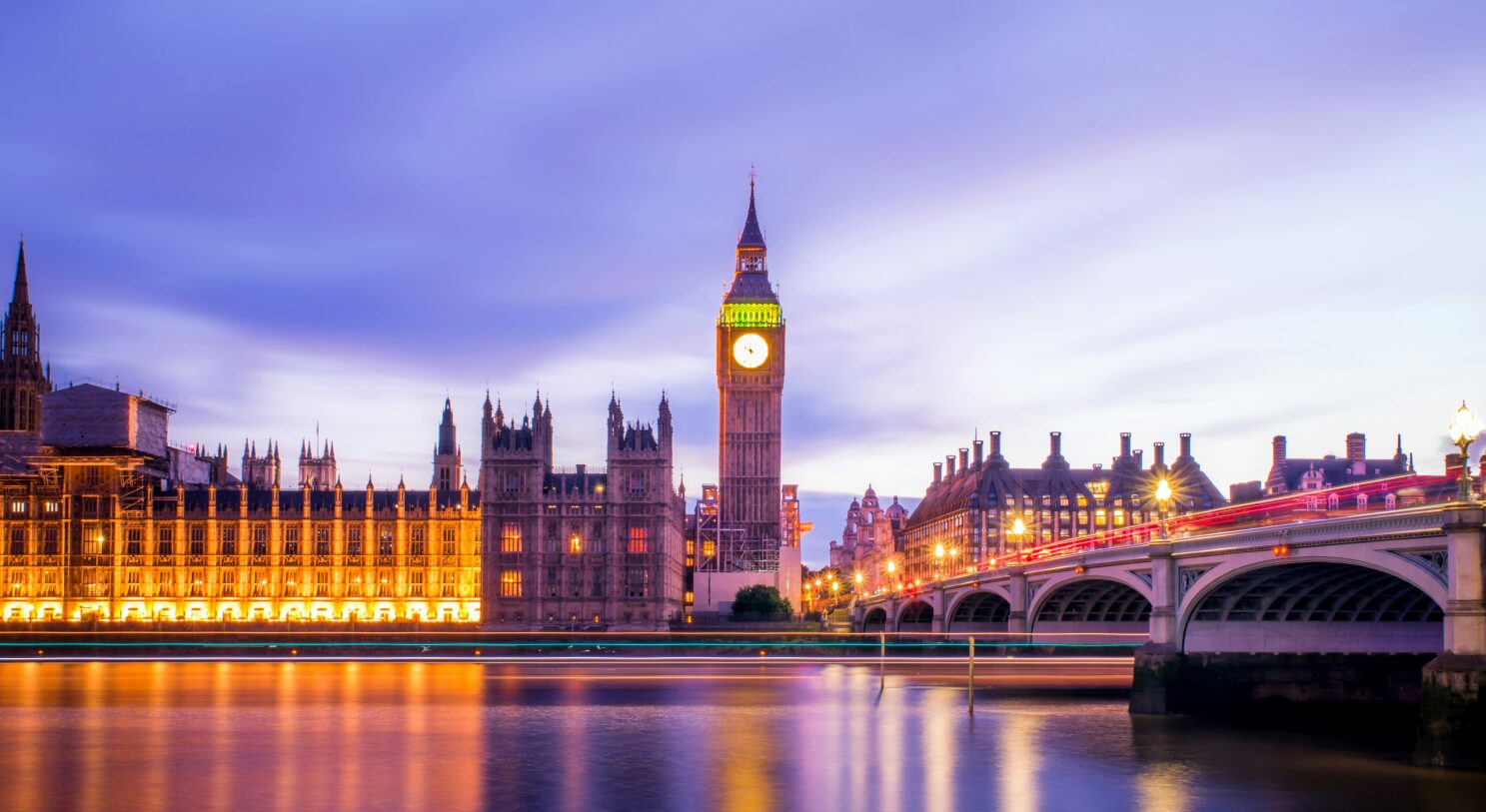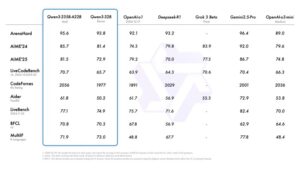Google and OpenAI Seek Greater Freedom from Copyright in Response to UK’s Proposed AI Law Changes

Concerns Over Proposed Changes to UK Copyright Law for AI Development
As the UK government aims to expand its artificial intelligence (AI) industry, a proposal has emerged that has raised significant concerns among creators, artists, and copyright owners. The suggested changes seek to loosen copyright protections, allowing tech companies in the UK to utilize copyrighted materials for training AI models without needing explicit permission. This proposal has become the government’s "preferred option" in its 50-point AI Opportunities Action Plan.
The Key Proposal Details
The proposal stipulates that copyright holders must "opt-out" if they do not want their works to be used for AI training purposes. This approach has found widespread opposition among artists and creators who fear it may undermine the copyright laws designed to protect their work.
Artist Reactions
Numerous prominent artists, including Damon Albarn, Kate Bush, and Annie Lennox, have vocalized their concerns by releasing a "silent album." This act reflects their anxiety that these changes could lead to a lack of respect for the creative contributions of musicians. In addition, leading figures from major music labels such as Sony Music, Universal Music, and Warner Music have joined campaigns against these proposed changes, stressing the importance of protecting artistry in the face of technological advancement.
AI Developers’ Perspective
Interestingly, the very AI developers who could benefit from these changes have also expressed their reservations. Companies like Google and OpenAI believe that the opt-out condition may be overly restrictive. They argue that a more favorable framework would involve broad exemptions from copyright laws, which would facilitate the necessary data mining for AI development.
OpenAI has suggested that a comprehensive text and data mining exception would better meet the government’s objectives. They contend that creating a predictable regulatory environment is crucial for fostering innovation and investment in AI technologies.
The Call for a Balanced Approach
Both Google and OpenAI have opposed the idea of enforced transparency regarding the materials used for AI training. They argue that overly stringent transparency requirements could stifle AI development and reduce the UK’s competitive edge in this rapidly evolving field.
In the US, similar discussions are happening around generative AI. Companies facing copyright lawsuits have sought to invoke "fair use" exemptions, claiming that their work falls under traditional copyright exceptions such as education or parody. However, many copyright holders argue that applying "fair use" to developing commercial AI applications would significantly stretch the principle and threaten the creative sector.
Implications and Broader Context
OpenAI has indicated that implementing an opt-out system—like the one currently being considered by the European Union—could face substantial practical challenges. They note a lack of clear standards, creating uncertainty for both AI companies and copyright holders. In response to the potential EU framework, major music companies have proactively notified AI developers that they opt out of using their materials.
Sir Lucian Grainge, CEO of Universal Music Group, cautioned that the UK risks losing its standing and influence globally if it undermines its creative industries. He emphasized that what is created in the UK, including intellectual property like music and art, is a crucial source of cultural influence and "soft power" worldwide.
Fair Compensation for Creators
In advocating for the need for a balanced approach, Rob Stringer, Chairman of Sony Music, stressed the importance of fair compensation for creators. He remarked that while AI has the potential to transform industries, it is paramount that creators are compensated for their contributions to this technological evolution. Maintaining the integrity of the existing copyright framework is essential for ensuring that innovation occurs in a manner that recognizes the value of original artworks.
The UK’s Department of Science, Technology, and Innovation has acknowledged the complexity of these issues, stating that it is currently evaluating responses to the consultation and engaging with stakeholders in both the tech and creative sectors.





